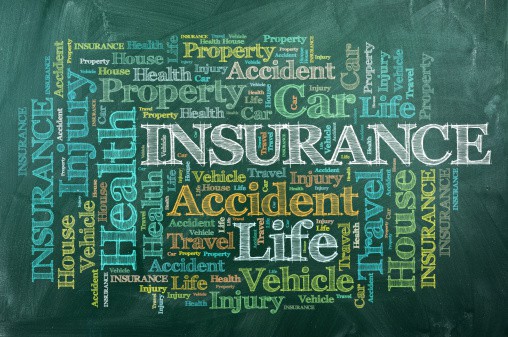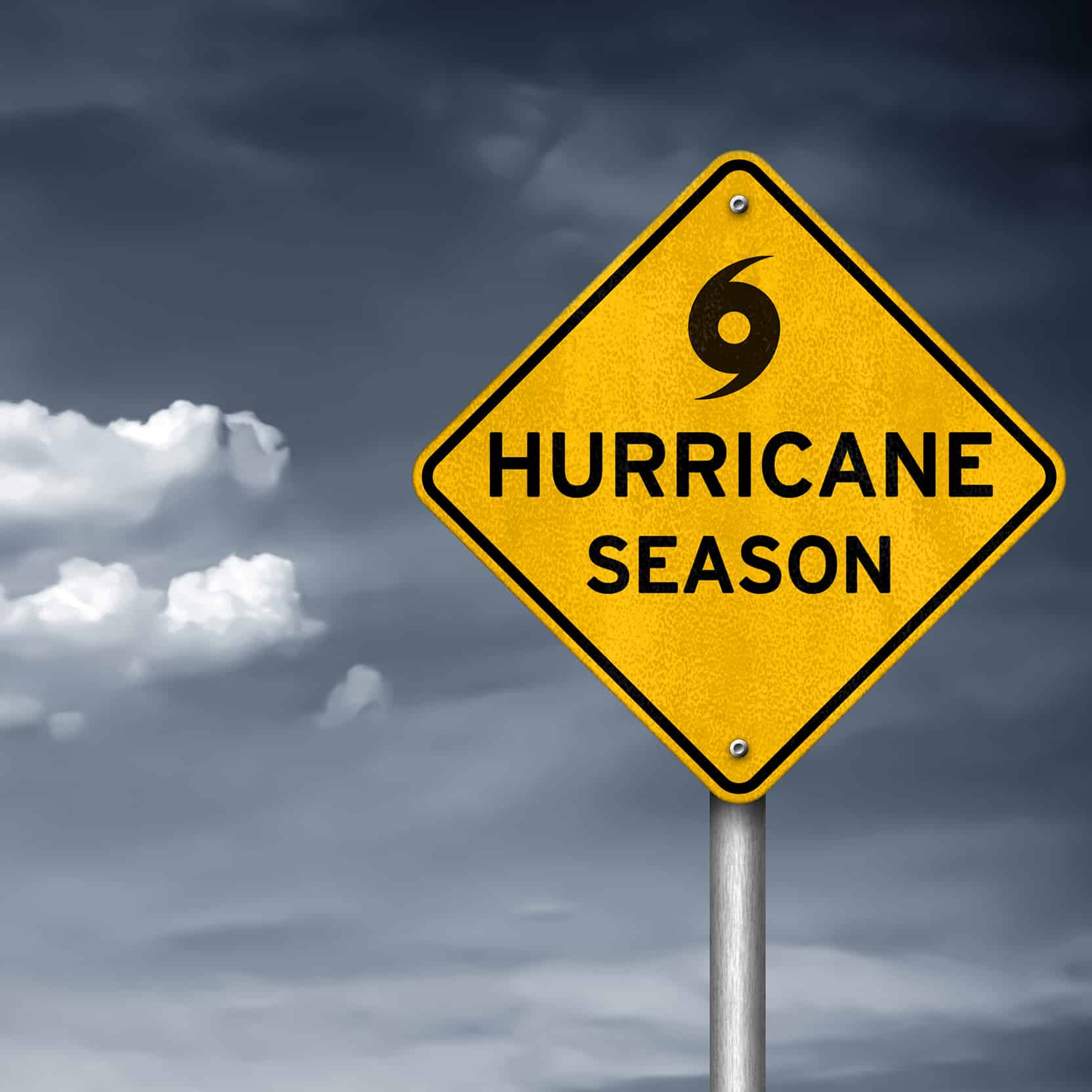
Last Updated on December 13, 2022
When was the last time you gave your homeowners insurance policy a good read?
If you’re like most homeowners, you probably haven’t paid much attention to it since you purchased your home – unless you’ve had to file a claim. You might not even know what your policy covers, or the deductible you would pay if something happened to your home.
“Your homeowners policy might not be a compelling page-turner, but it’s important information,” said Robin Price, president, Allen Tate Insurance. “No one ever thinks they’ll need to use their insurance, and when they do, it’s too late if they don’t have the right coverage.”
That said, keep in mind that coverage, limits and deductibles will be different from policy to policy and information provided here should be considered general guidelines only.
What’s covered
If you have a mortgage on your home, insurance must be in place prior to closing, since the lender basically owns the home. The coverage protects the home, belongings and homeowner from covered perils.
Perils are the cause of a loss (in insurance speak). Covered perils include fire, smoke, wind, lightning, hail and theft (not flood – more about that later). A typical homeowners policy covers the home itself, any structures attached to the home, as well as other structures not attached, such as sheds, detached garages and fences.
Homeowners coverage also extends to the contents of your home and any personal property inside, within certain limits. Furniture, electronics and clothing are covered by most policies, but if you have high-value items like jewelry or artwork, autographed sports memorabilia, or a collection of antiques or firearms, you’ll likely need to purchase additional coverage. Policy limits for contents is usually about 50 to 70 percent of the value of the home itself.
Liability
So home and contents – pretty standard stuff. But here’s where it gets a little confusing. Your homeowners policy also includes liability coverage. That’s coverage to protect you if something happens to someone (or their stuff) on your property. It also protects you personally if you cause damage to someone or something.
For example, your neighbor trips on a crack in your driveway and breaks their leg. Your homeowners insurance will cover their medical expenses, any lost wages because they can’t work for a period, and your legal expenses if they decide to sue you. If your child runs his bicycle into your visiting uncle’s Tesla, your homeowners insurance will cover the repairs.
But say you are at your friend’s home for a cookout, and you accidentally lob a baseball through the kitchen window glass. While it’s their property, it’s your fault – and your homeowners policy that will pay to replace it.
What’s also covered
So now let’s get to the fine print (keeping in mind that everyone’s policy is personal and coverage may vary). What else does your homeowners insurance cover that you may not be aware of?
First of all, there’s food and Fido. Most policies will covered the cost of spoiled food in your refrigerator and freezer if the power goes out. If your home is damaged by a storm or burst pipes, your policy will also cover the costs of eating out – and staying in a hotel – while your home is uninhabitable.
Fido, as well as Fluffy and other four-legged family members, are also (usually) covered by your policy if they misbehave and cause damage to another person or their property. However, some dog breeds are excluded and not all policies cover dog bites.
And speaking of animals, remember when Chicken Little declared “The sky is falling?” While his fearmongering was unfounded, sometimes things really do fall from the sky – satellites, meteors, galactic debris or airplane parts. If that’s just your kind of luck and your home is hit, no fear; your home and contents are covered.
What happens when someone in your home makes their home away from home? If they are a college student living in a dormitory, they are covered by your homeowners policy, up to a certain limit. But when they move off campus, they should consider a renter’s insurance policy to protect their belongings.
And let’s get a little weird. Some other things that may be covered by your homeowners insurance policy are lost luggage, stampeding animals, explosions, volcano eruptions, damaged tombstones, crime scene cleanup and ransom money. Now you know.
What’s not covered
“One of the biggest misconceptions about homeowners insurance is that it covers flooding. Standard homeowners insurance does not cover damage from floods,” said Price. “A separate flood policy must be purchased.”
The general rule of thumb is that falling water is covered, but not rising water. Rain, driven by high winds, might damage a roof, break windows or leak into the home, causing damage – and that is covered by the home insurance policy. But if rain accumulates, causing rising water to come into your basement or lower level, it’s flooding – and it’s not covered unless you have a flood insurance policy.
Another area of confusion is home systems. If your air conditioning unit is hit by lightning and fails, it’s covered. If a power surge fries your refrigerator, it’s covered. But if the A/C fails because of needed maintenance or age or the dryer stops drying, it is usually not covered.
“Insurance is intended to covered unexpected perils, not maintenance. A home warranty can be purchased to help a homeowner with those issues,” said Price.
Be prepared
A critical mistake that homeowners make is not reviewing their policy on a regular basis – ideally, once a year.
“We recommend an annual insurance check-up because circumstances change. That doesn’t necessarily mean you need more coverage. In some cases, there may be coverage you no longer need,” said Price.
“Our number one goal is to make sure you have the coverage you need at the most competitive prices available. We’re always happy to offer you a no-obligation insurance review.”



